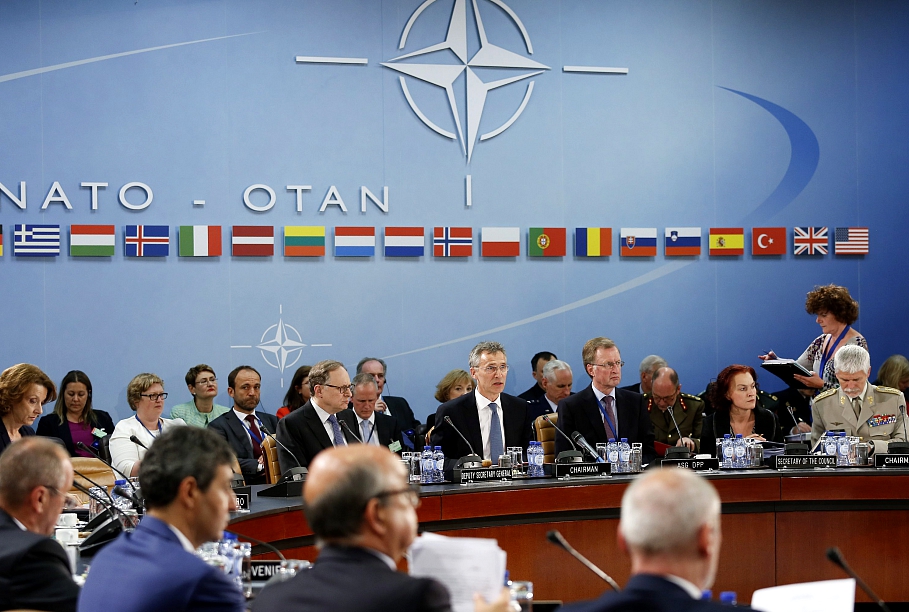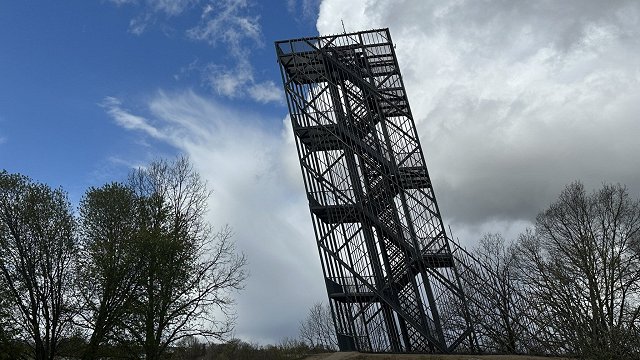Under the agreement, flights of the Baltic air policing mission will have higher priority in use of the Baltic airspace than other aircraft, with the exception of aircraft in an emergency situation. Nevertheless, NATO air patrols will be conducted in a manner to keep to the minimum any restrictions on movement of other airplanes.
The agreement also provides for organization of flight exercises in the Baltic airspace for the purpose of maintaining professional skills of the personnel participating in the Baltic air policing mission.
Baltic st. defence ministers and Mr.Vershbow signing agreement to support air policing mission in Baltic air space! pic.twitter.com/sfgjowjK4t
— Raimonds Bergmanis (@RaimondsBrg) June 14, 2016
Latvian Defense Minister Raimonds Bergmanis said after the signing of the agreement that the document amending the flight procedures in respect of the Baltic air policing mission was vital and adequate to the current geopolitical situation and military training needs and would enhance the allied presence in the region.
So far the flight procedures of the Baltic air policing mission have been governed by the 2012 agreement signed between the Allied Air Command at Ramstein and the civil aviation agencies of Latvia, Lithuania and Estonia.
The Baltic defense ministers are attending the meeting of NATO defense ministers in Brussels on June 14-15 which will discuss implementation of the decisions adopted at NATO summit in Wales and the tasks to be completed in the run-up to the NATO summit in Warsaw from the perspective of long-term security challenges in Europe.
Wednesday morning, Bergamnis said a decision had been taken to send four new battle groups to the alliance's eastern members (Baltic states plus Poland) but did not give further details.
Vakar NATO ministru sanāksmē pieņemām stratēģisku lēmumu par četru kaujas grupu izvietošanu alianses austrumos: Baltijas valstīs un Polijā!
— Raimonds Bergmanis (@RaimondsBrg) June 15, 2016






























